Introduction: Why Angola Should Be on Your Travel List
Angola is one of Southern Africa's most captivating destinations, offering a wealth of culture, stunning landscapes, and untapped adventure for curious travelers. While often overlooked in favor of more popular destinations, Angola boasts an eclectic mix of coastal beauty, vibrant cities, rich history, and diverse ecosystems.
From the bustling streets of its capital, Luanda, to the pristine beaches of Benguela, Angola is a country that offers something for every type of traveler. Whether you’re an adventure seeker, history enthusiast, or someone who simply wants to explore a lesser-known gem in Africa, Angola deserves your attention.
A Brief History: The Roots of Angola’s Identity
Angola’s history is as complex as it is fascinating. The country gained independence from Portugal in 1975 after a long and brutal colonial struggle, followed by a protracted civil war that lasted until 2002. Despite these challenges, Angola has emerged as a resilient nation with a deep sense of cultural pride.
In the colonial period, Angola was one of the Portuguese Empire’s most important colonies, and its legacy can still be seen in the architecture, language, and traditions today. The struggle for independence, led by groups like the MPLA (Popular Movement for the Liberation of Angola), deeply shaped the nation’s identity and its path toward recovery.
Today, Angola is a nation in transition, striving to balance its natural resources and growing economy with its rich cultural traditions and history. Understanding this complex background is key to appreciating Angola's modern-day vibrance.
Landscapes of Angola: A Natural Paradise Waiting to Be Explored
Angola is a country of extraordinary natural beauty, featuring a wide range of landscapes—from vast deserts and rugged mountains to lush forests and pristine beaches. The diversity of the terrain makes Angola a dream destination for nature lovers and outdoor adventurers.
Benguela's Beaches: If you're a beach lover, Angola’s Benguela Province is famous for its serene, untouched beaches. Lobito, one of Angola’s most picturesque coastal towns, offers golden sands and warm waters perfect for relaxation or water sports. Meanwhile, the Namibe Desert in the south boasts surreal, dramatic landscapes where the desert meets the ocean.
Kalandula Falls: One of Africa's most beautiful waterfalls, Kalandula Falls in the northern part of Angola is a must-see. Cascading over 100 meters, the falls are surrounded by lush greenery and offer a stunning backdrop for hiking, photography, and nature excursions.
The Skeleton Coast: The Skeleton Coast in the far north is an eerie, fascinating stretch of land where the desert and sea collide. With shipwrecks scattered along the coast and desolate dunes, it’s an adventurous, off-the-beaten-path destination for travelers who want to experience the raw beauty of Angola’s wilderness.
The Cities: A Blend of Modernity and Tradition
While Angola's natural beauty is undeniably captivating, its cities offer a fascinating blend of modern development and deep-rooted tradition. Luanda, the capital and largest city, is a bustling metropolis that reflects Angola’s rapid economic growth.
Luanda: Luanda is a vibrant city where modern skyscrapers sit next to colonial-era buildings. Visitors will find a dynamic arts scene, lively markets, and rich cultural events. The city is also home to beautiful beaches and historic landmarks, such as the Fortaleza de São Miguel, a Portuguese colonial-era fort that offers panoramic views of the city.
Huambo: For a glimpse into Angola’s history and culture, head to Huambo, the country’s second-largest city. This former colonial capital is known for its beautiful parks, colonial architecture, and proximity to the stunning Bié Plateau, perfect for exploring by foot or bicycle.
Lubango: Nestled in the highlands of southern Angola, Lubango is a city with stunning views, surrounded by mountains and waterfalls. It’s also home to Christ the King, a giant statue overlooking the city, similar to the famous one in Rio de Janeiro, Brazil.
Angola’s Culture: A Rich Tapestry of Traditions and Influences
Angola's culture is a fascinating mix of traditional African heritage and colonial influences. The country's indigenous peoples have their roots in various tribes, including the Ovimbundu, Kimbundu, and Bakongo, each contributing to Angola’s diverse cultural identity.
Music and Dance: Music is at the heart of Angolan culture, with genres like Semba and Kizomba gaining international popularity. These musical styles are an essential part of social life, often accompanied by energetic dances that bring communities together. The influence of carnival and traditional drumming is also prominent in the nation’s festivals.
Cuisine: Angolan cuisine reflects the diversity of its people, offering rich flavors and unique ingredients. Dishes like Moamba de Galinha (chicken stew with palm oil), Funge (a starchy dish made from cassava), and Bacalhau (salted cod) provide a delightful taste of the country’s history and regional influences.
Crafts and Art: The country’s traditional crafts, including handwoven baskets, wood carvings, and beadwork, are a testament to Angola's artistic heritage. Markets in cities like Luanda and Huambo showcase the work of local artisans, offering visitors a chance to take home a piece of Angola’s culture.
Why Visit Angola: The Untapped Gem of Africa
Despite being relatively unknown to many international travelers, Angola is rapidly growing as a tourist destination. The country offers a rare opportunity to explore unspoiled landscapes, rich culture, and historical landmarks that remain untouched by mass tourism.
Whether you're exploring the coastal towns of Benguela, hiking through the remote Lunda region, or immersing yourself in the culture of Luanda, Angola offers an authentic African experience that’s waiting to be discovered.
Uncrowded Attractions: Angola is still relatively untouched by large-scale tourism, so visitors can enjoy an authentic, uncrowded experience.
Adventure Opportunities: From desert treks to wildlife safaris and hiking in the mountainous regions, Angola’s diverse geography provides endless opportunities for adventure.
Cultural Immersion: With its mix of African traditions and Portuguese influences, Angola offers a fascinating cultural experience that is different from many other African nations.
Conclusion: Your Next African Adventure
Angola may not yet be on every traveler’s radar, but that’s part of what makes it so appealing. Whether you’re looking for beautiful beaches, dramatic landscapes, or a cultural journey, Angola offers something unique. It’s a country in transition, with a rich history, vibrant culture, and landscapes that will take your breath away.
If you’re looking to step off the beaten path and explore a truly untapped gem in Africa, Angola should be at the top of your list. Get ready to embark on a journey of discovery—Angola awaits.

The Great Wall of China: Secrets Behind One of the World’s Most Iconic Landmarks
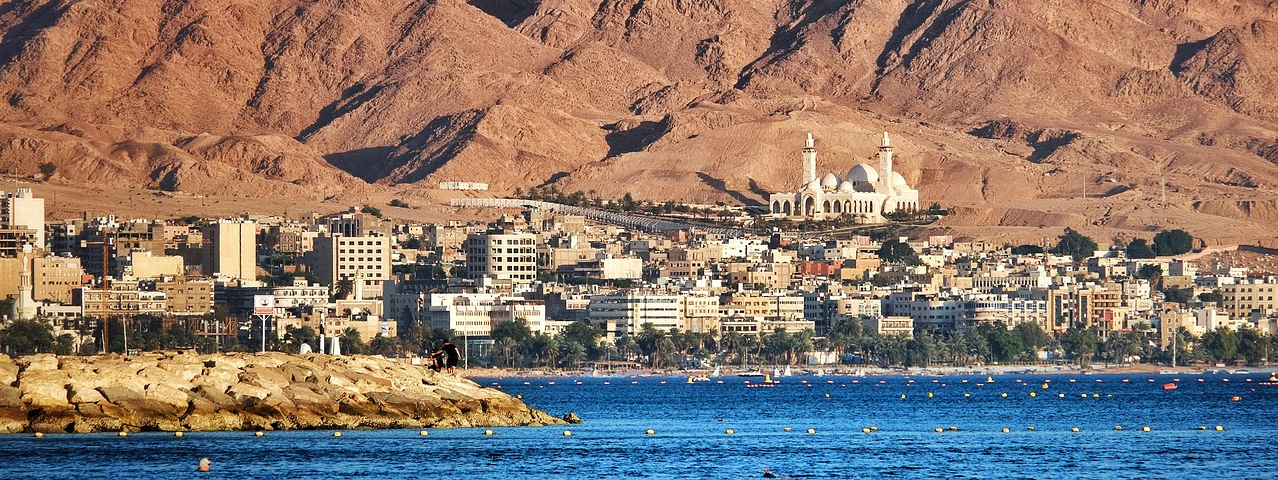
Wonders of Saudi Arabia: Majestic Landscapes, Ancient Heritage, and Modern Marvels
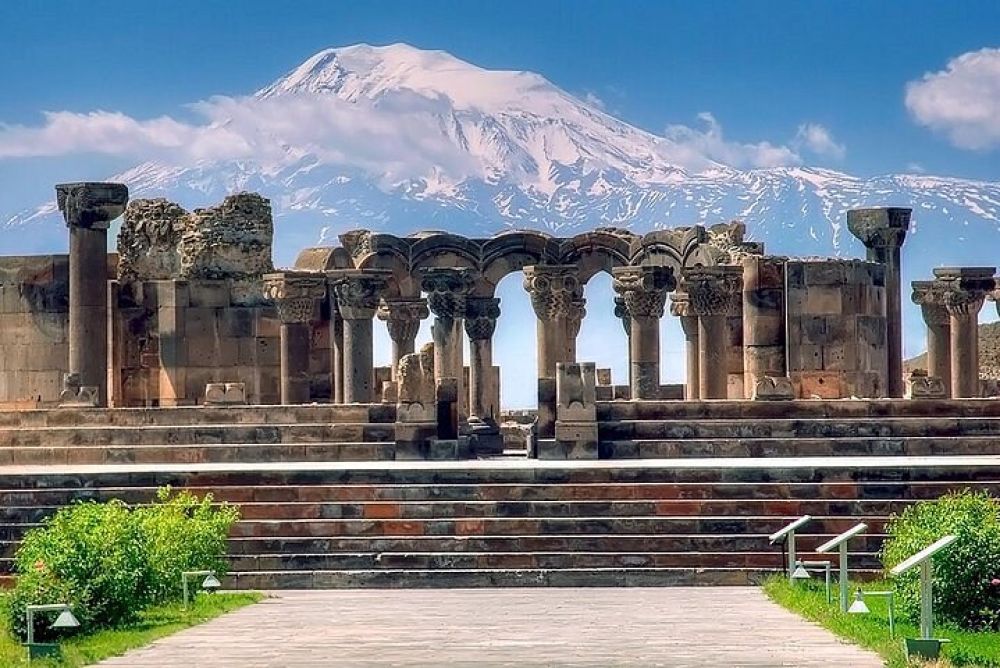
Wonders of Armenia: Ancient Monuments, Natural Beauty, and a Rich Heritage
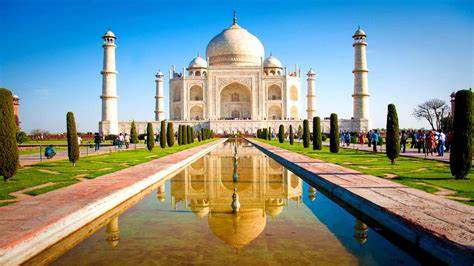
India Travel Visa: Everything You Need to Know
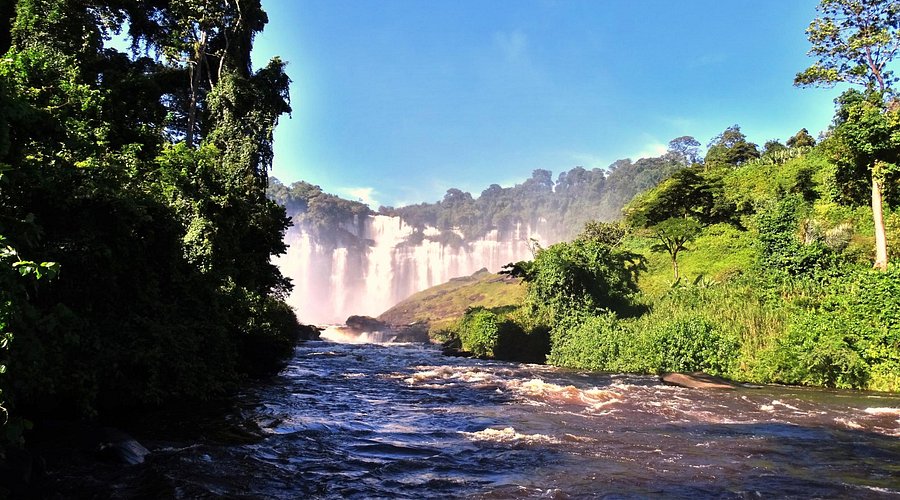
Exploring Angola: A Hidden Gem in Southern Africa
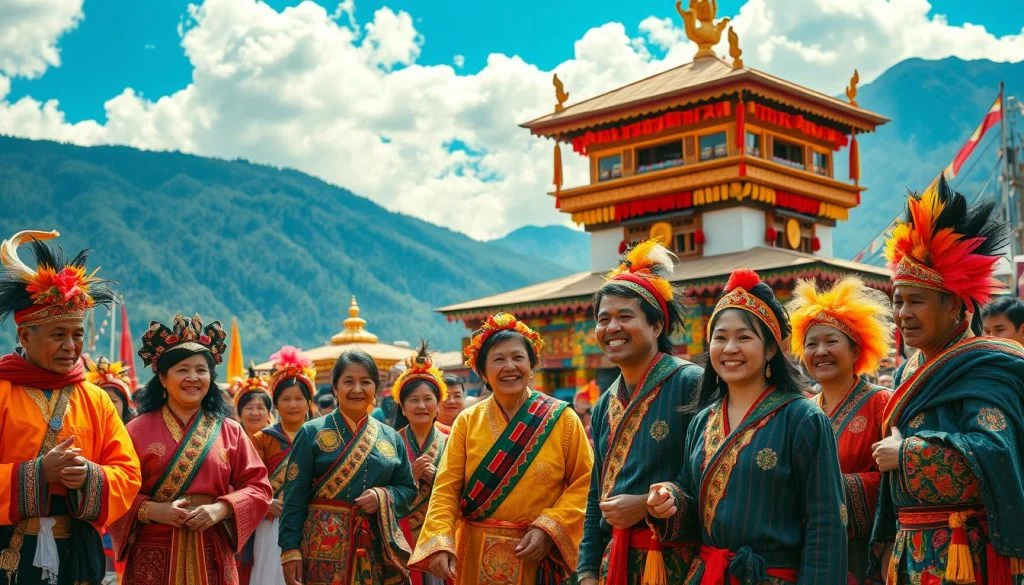
Exploring Bhutan: A Harmonious Blend of Spirituality, Nature, and Culture

An Adventurer’s Guide to the United States: Hiking, Kayaking, and Exploring America’s Wild Side
